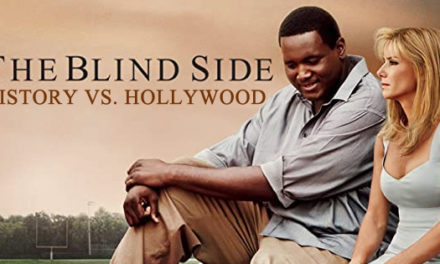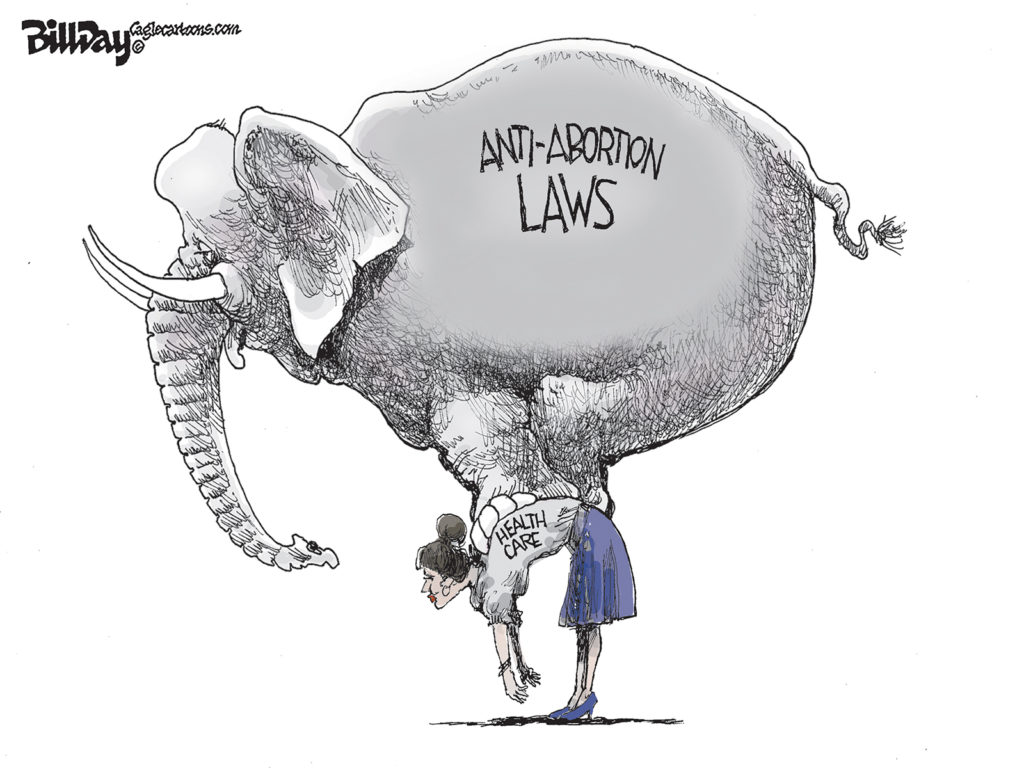We’ve received several emails asking our opinion of Memphis Mayor Willie W. Herenton’s latest magniloquence.
Well, we might as well admit it: We didn’t read about it, we didn’t watch any television reports about it and we didn’t watch any videos of it.
At the time, it just seemed to be the wisest use of our time. At its best, it seemed that his hour-long meditation on justice, fairness, conspiracies and corporations as plantations was nothing but a distraction from issues that really matter.
At its worst, it was symptomatic of a political death spiral that was once somewhat diverting when its primary impact was on the mayor’s own political future, but now has lost any residual entertainment value since it’s fueling a tail spin that threatens the future of our city itself.
No Gawking Allowed
So, we just didn’t have it in us to watch his latest performance. It was just too much like the political equivalent of rubber-necking at the latest pile-up on the interstate. However, after the emails, we did in fact bone up on the latest drama, and at least this time, it seemed to be a one-car collision.
As is the case frequently these days, even when we agreed with him, we questioned why he felt the compulsion to make the comments in a tone and language that devalue his long-held self-image as CEO for the City of Memphis. In that role, over the years, he has chided and derided Memphis City Council for its inattention to the things that mattered and for the emotional conflict that often accompanied its deliberations.
These days, we’re in the midst of role reversal. Any hint of the mayor as CEO – hovering above the day-to-day trivialities and tempests in a teapot – is long gone. So is any suggestion that he understands the importance of the mayor as statesman in the progress of a city.
Now, it is City Council that normally advances the “big idea” – tax equalization, neighborhood revitalization, and removal of double taxation for services that non-Memphians pay once to receive – and it is Mayor Herenton who is left to react. More often than not, however, the mayor uses his bully pulpit to chase conspiracies, real and imagined, and to attack his critics, real and imagined.
Power
Each time, he resorts to one of these displays, he does in fact erode his own power. That’s because the perception of power is always more compelling than the reality of power. When you exercise the weight of your office against someone, whether Memphis businessman Nick Clark or local lawyer Richard Field, and they remain standing, it only serves to deliver the message that your fury isn’t as withering as it was perceived to be.
In his latest volleys, however, the mayor took aim at a target that he’s powerless to touch – the FBI. If he was trying to send a message that he did not quake in the wake of the federal investigation into his business dealings, he did about as poorly as possible. In the end, he appeared to be defensive and rationalizing and worried, giving current meaning to a modernized form of the Shakespearian dialogue from Hamlet: methinks the man protests too much.
The Hamlet analogy may be even more apropos, but we leave any literary analysis comparing the erratic behavior of the tragically flawed Danish prince and the ghostly apparitions that tormented him with the current Memphis mayor to others.
Here’s the thing: there may actually be nuggets of truth in the midst of the mayor’s rambling, but we can’t hear the meaning for the seeming muddle of it all and the strikingly pricklish and desultory performance. To his point, on any given day, about a half dozen African-American mayors are being investigated, and on that same day, it’s pretty hard to think of one Caucasian mayor who’s in the same position.
Shooting Himself In The Foot
We’ve written about this frequently, so we won’t belabor it again here, but from Mayor Herenton’s perspective – which is shared by a considerable percentage of his political base – it is no coincidence that African-American mayors regularly find themselves in the investigative crosshairs.
But instead of calmly and methodically making his case, which would have been more in keeping with his academic background, he instead reduced his concerns to raw emotion and even rawer rhetoric. It’s almost as if these days he’s on a journey of self-destruction that he is powerless to stop.
The third person references to himself have almost become a parody – an affectation whose idiosyncrasy now symbolizes an eccentricity that has taken hold and shows no signs of relenting.
Question Answered
During last year’s mayoral campaign, we wrote:
“The reelection of Memphis Mayor Willie W. Herenton moves with an inevitability these days that belies the need that exists for a serious discussion about the future of our city. If nothing shakes up the campaign for mayor, he will take the oath of office in January for the fifth time as chief elected leader for a city whose dominant characteristic is the chasm that splits it down the middle – with one side considering him the embodiment of all that is wrong with Memphis and with the other treating him as a heroic figure fighting for them.
“As a result, the question asked frequently these days is whether his divisive rhetoric is the stuff of campaign strategy or whether it is a persona that will carry over into his fourth term. It appears more and more to be the latter.”
These days, it’s pretty clear that his behavior is not the product of some elaborate political theater, but it is in fact the persona that will test the peace in Memphis for three more years of this term.
Hoaxes
If his hour-long, rambling critique of all things Herenton-critical wasn’t enough to raise eyebrows, the mayor followed up by suggesting to Memphis Daily News’ Andy Meek that his resignation letter was merely an early April Fool’s joke and the idea that he was trying to get the school superintendent’s job are just foolish. He was merely trying to stimulate a much-needed debate about Memphis City Schools.
Of course, there are much easier ways to spark a discussion on the future of public education in Memphis, but we guess in the alternate reality that grips City Hall, this substitutes for logic.
Despite his energetic efforts at revisionist history, no one in his circle of insiders ever doubted that he was dead serious about resigning and taking the superintendent’s job. In fact, they were so sure of it that they spoke on the record with the news media about it, and some of the most politically active ones were already casting their net across Civic Center Plaza to the presumptive front runner for the next city mayor’s election, Shelby County Mayor A C Wharton.
It’s hard to know what to make out of these periodic forays into political mayhem, but the most cogent reaction to Mayor Herenton’s performance came from friends who saw the Sixties through a persistent hallucinogenic haze. Paraphrasing that famous line from When Harry Met Sally, they merely said: “I’ll have whatever he’s having.”



